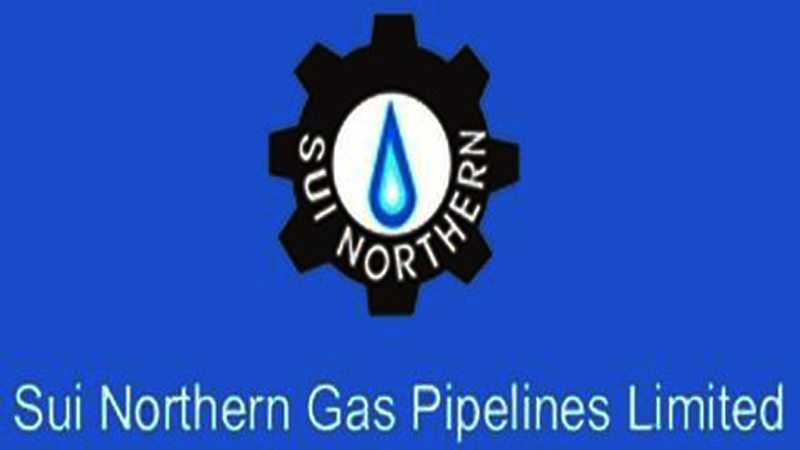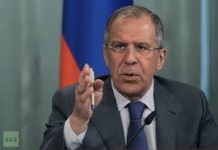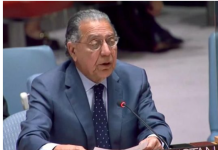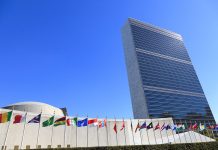
If the proposed third increase within a year is sanctioned, it is anticipated to substantially hike the inflation rates and overburden the poorer segments of the society.
The SNGPL, catering to over 7.22 million consumers in North Central Pakistan, predominantly in Punjab, Khyber Pakhtunkhwa and Azad Jammu and Kashmir, faces a projected revenue shortfall of Rs189.18 billion. The proposed gas price surge is slated to take effect from July 1, 2024. The company aims to elevate the average gas price to Rs4,446.89 per Metric Million British Thermal Unit (mmbtu), reflecting a hike of Rs2,646.18 per mmbtu. The anticipated price of Rs4,446.89/mmbtu encompasses previous year’s shortfalls in the natural gas business. Furthermore, the SNGPL has asserted a cost of service for regasified liquefied natural gas (RLNG) at Rs325.08 per mmbtu for the same period.
Following the Lahore hearing, the Ogra would convene another session in Peshawar on March 27, with the regulator believing it would provide ample opportunity for stakeholders, consumers and the general public to voice their grievances. The decision on the matter would be made by Ogra after conclusion of the public hearing in Peshawar. The Ogra, previously on 18th and 20th of this month, conducted public hearings in Karachi and Quetta in response to a petition from Sui Southern Gas Company (SSGC). The SSGC, in its plea, advocated for an increase in gas price by Rs274.40/mmbtu, citing an estimated revenue shortfall of Rs79.63 billion.
The company urged OGRA to set the average price of one mmbtu gas at Rs1,740.80. The SSGC’s petition encompasses projections for the average prescribed gas price and RLNG cost of service for the fiscal year, aiming to cover gas costs, operating expenses and return on assets.
Additionally, the SSGC’s petition addresses issues such as gas supply volume projections from local gas fields, measures taken to meet the country’s escalating energy demand and infrastructure investments to connect new areas. In a related development, the textile industry has decided to challenge the massive increase in gas tariff sought by the SNGPL.












